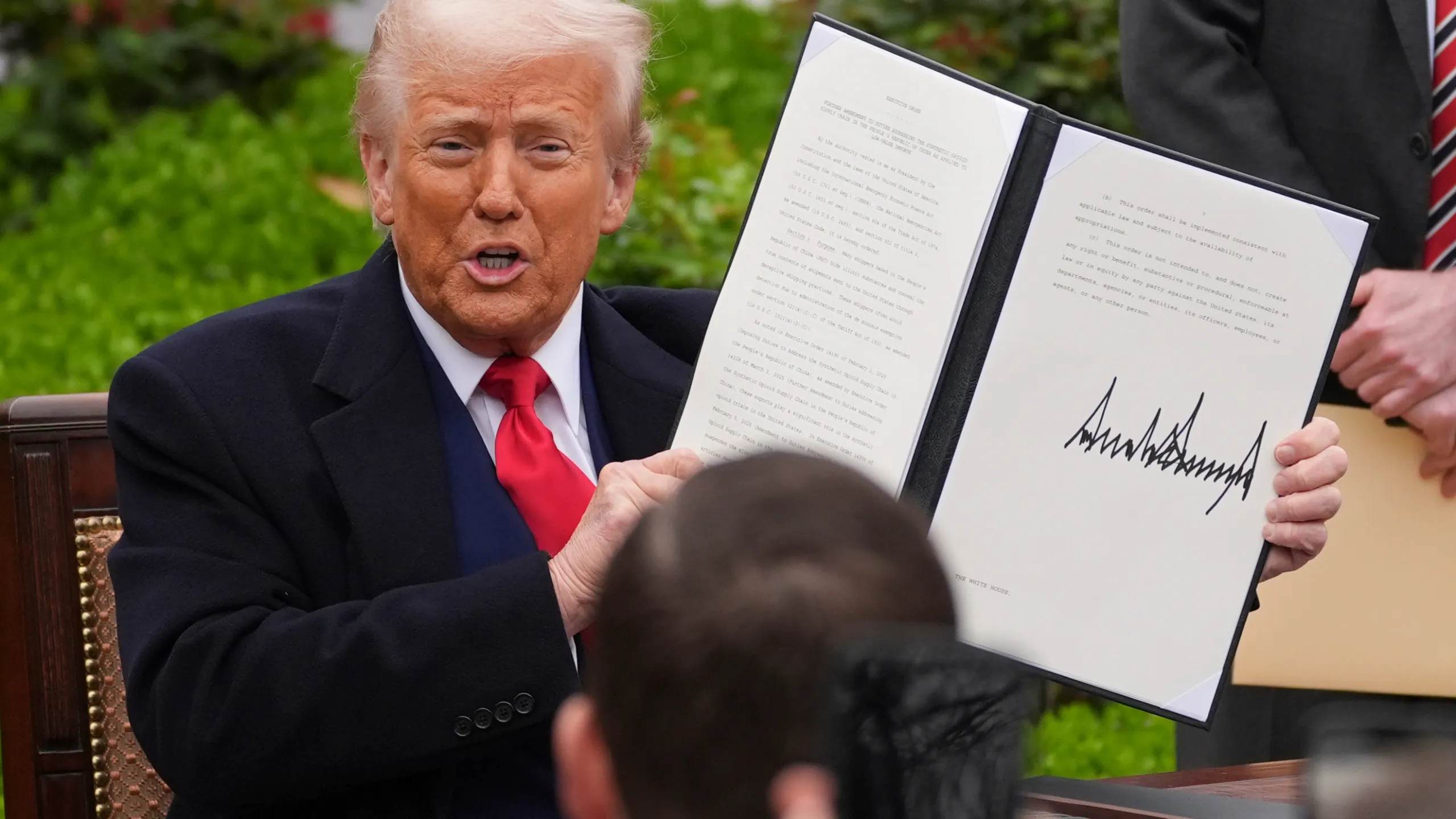
The Enduring Impact of “Extras” in Comedy and Pop Culture
Nearly two decades have passed since the debut of “Extras”, the razor-sharp comedy series created by Ricky Gervais and Stephen Merchant. Celebrated for its satirical critique of show business and celebrity culture, “Extras” not only captivated audiences but also left a lasting mark on how Hollywood and fame are perceived. As the show marks its 20th anniversary, Ricky Gervais reflects on the origins, the laughter, and the cultural ripple effects that continue to resonate today.
The Genesis of “Extras” and Its Unique Approach
When “Extras” first hit television screens in 2001, it broke new ground by blending cringe comedy with insightful commentary. The series followed Andy Millman, played masterfully by Gervais himself, a struggling actor desperate for his big break. What set “Extras” apart was its innovative format — mockumentary-style episodes featuring celebrities playing exaggerated versions of themselves, often humiliated in hilarious and uncomfortable situations.
Gervais and Merchant’s approach was bold — using satire to peel back the veneer of stardom and reveal the human, often foolish, side of celebrities. Their fearless comedy showcased that beneath the glitz and glamor, celebrities are susceptible to the same silly mistakes as anyone else, thus blurring the line between the public persona and private persona.
Celebrity Parodies and the Wisdom Behind “Celebrities Are Just Like Us — Idiots”
Ricky Gervais on Celebrity Culture
One of the most memorable aspects of “Extras” was its uncanny ability to parody the behavior and personalities of real-life celebrities. Gervais’s perspective on this phenomenon was succinctly captured when he remarked:
‘Celebrities are just like us – idiots’
This statement encapsulates Gervais’s filmic critique — despite their fame, celebrities are often caught in absurd, silly, or even embarrassing moments that highlight their human fragility. The humour hinges on this universal reality, making even the biggest stars look vulnerable and, at times, quite ridiculous.
Gervais’s bold portrayal of celebrities was not merely comedic — it was a mirror held up to society’s obsession with fame, exposing the often superficial and sometimes shallow aspects of celebrity culture. It demonstrated that many stars are just as prone to foolishness, vanity, or insecurity as anyone else, a truth that both amused and offered a deeper insight into the celebrity phenomenon.
Specific Celebrity Parodies and Notable Moments
- Kate Winslet: portrayed as a self-absorbed actress craving fame, giving viewers a humorous yet critical look at Hollywood egos.
- Ben Stiller: depicted struggling to handle his own career and comedic persona, adding layers to the parody of Hollywood’s self-awareness.
- Mickey Mouse: a surreal cameo that played on the iconic symbol’s cultural universality and its commercialization.
These moments not only provided comic relief but also fostered reflection on the nature of celebrity personas versus their real selves. Gervais’s talent in crafting these parodies lay in their authenticity and sharp satirical edge, which remains relevant even two decades later.
The Cultural Legacy of “Extras”
Influence on Comedy and Media
“Extras” influenced many subsequent television shows and comedians, paving the way for more meta, self-referential humor about fame and entertainment. Its success demonstrated the appetite for comedy that incisively critiques society while still entertaining. The show’s format, blending fake documentaries with celebrity cameos, has been emulated and adapted across various platforms.
Spotlight on Celebrity Culture
By showcasing celebrities in unflattering and humorous situations, “Extras” helped demystify the often untouchable world of Hollywood. It encouraged the audience to see stars as flawed, human beings rather than perfect idols, fostering a more relatable connection. Ricky Gervais, through his candid and humorous portrayal, reinforced the idea that everyone, regardless of fame, has their quirks and follies.
Memorable Moments and Surprises over the Years
The show’s celebrity cameos became legendary — from Orlando Bloom to David Bowie, each appearance was laced with comedic genius and surprise. Gervais’s boldness in asking big stars to participate in uncomfortable or hilarious scenes underscored his commitment to authentic satire and comedy. These moments have been cherished by fans and have contributed significantly to the show’s iconic status.
Reflections from Ricky Gervais on the 20th Anniversary
Celebrating twenty years since the debut of “Extras,” Ricky Gervais has expressed a mix of nostalgia and pride. He reflects on how the show’s blend of humor and social commentary remains fresh and relevant today. Gervais notes that the core message — that celebrities are just like everyone else, prone to folly and mistakes — continues to resonate with audiences worldwide.
He also emphasizes that the show’s success was rooted in its honesty and fearless satire, qualities that have kept “Extras” a significant part of comedy history. As Gervais states, the series was not just about making people laugh but about prompting self-reflection on fame, absurdity, and human nature.
The Future of Celebrity Parodies and Comedy
Looking ahead, Gervais hints that the themes explored in “Extras” are still very much alive. In an era dominated by social media and instant celebrity culture, the lines between genuine personas and parody have become even more blurred. Parodies and satire remain essential tools to critique and understand this landscape.
Gervais’s fearless style suggests that comedy will continue to evolve — challenging norms, questioning authority, and holding celebrities accountable through humor. The legacy of “Extras” exemplifies how comedy can be both entertaining and thought-provoking, encouraging audiences to laugh at ourselves and the absurdities of fame.
Conclusion: Celebrating Two Decades of “Extras”
The anniversary of “Extras” serves as a reminder of Ricky Gervais and Stephen Merchant’s brilliance in creating a series that transcended mere entertainment. Through sharp satire, memorable celebrity parodies, and honest social commentary, “Extras” remains a landmark in comedy history. Its influence continues to inspire comedians and writers to push boundaries and challenge societal norms, all while making us laugh at the foolishness human beings are so prone to.
As Gervais humorously summarized, the comedy reveals a simple truth — that beneath the glitz, celebrities are often just “idiots” like anyone else. And perhaps that’s the most freeing insight of all.
For more updated news please keep visiting Prime News World.









